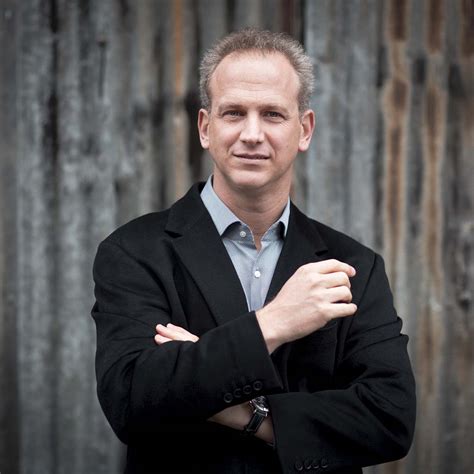Guest artists deliver the Spanish fire in New World’s de Falla program

Carlos Miguel Prieto conducted the New World Symphony in music of Manuel de Falla Friday night in Miami Beach.
The New World Center was transformed into a Spanish dance hall on Friday night as castanets clicked, dancers cascaded across the stage, cantos were sung and shouted cheers from the players accompanied music of Manuel de Falla.
Carlos Miguel Prieto was on the podium to lead the New World Symphony. Music director of orchestras in Mexico City, New Orleans and North Carolina, Prieto made an impressive New World debut in 2019 with a program of works by Ortiz, Barber and Dvořák. Yet conducting de Falla’s music without scores, he proved more efficient than inspiring on this occasion.
The majority of de Falla’s works were for theater (although his Harpsichord Concerto is an unheralded gem). The program concentrated on his two most famous dance scores and excerpts from his only opera. Spanish dancer-choreographer Isaac Tovar and dancers from his Compañia Flamenca were on hand to provide most of the evening’s excitement.
El amor brujo (Love, the Magician) was originally conceived in 1914 as a combination of dance and drama with chamber scoring. Elements of that version were fused with De Falla’s more familiar 1925 symphonic suite. The tale of betrayal, sorcery and impassioned love is encased in some of de Falla’s most colorful and exciting music.
Vocalist Esperanza Fernandez was the protagonist, wandering the stage, heartbroken and desolate. Her flamenco singing was raw and earthy, and her spoken lines imbued with desperate urgency. Tovar’s choreography fused traditional flamenco with modern dance to stunning effect. Irene Lozano, Natalie Novela and Laura Peralta excited as well as excised the spirits in a brilliant “Ritual Fire Dance.”
One wished some of that visceral energy had been evident in the concert’s musical component. The New World players were in top form, the playing accurate and sonorous across all sections. Prieto clearly knows these de Falla scores but, too often, his rhythms were metronomic and his phrasing and shaping of musical lines lacked that extra degree of sensuousness that makes the score sing. In the “Pantomime” section of El amor brujo, the rich, burnished sonority of Camila Berg’s solo viola in the score’s big tune projected the intensity that the otherwise slack reading lacked.
El sombrero de tres picos (The Three-Cornered Hat) was conceived in 1921 for Diaghilev’s legendary Ballets Russes. De Falla’s collaborators were choreographer Leonide Massine and designer Pablo Picasso. The entire score was performed instead of the truncated suite usually heard on concert programs.
That was definitely a plus as much vibrant and colorful music usually not heard is contained in the complete work. Singing from the hall’s satellite stages above the orchestra, soprano Catalina Cuervo’s gutsy, rich toned instrument gave dramatic life to the three mostly unaccompanied solos. She also imbued drama in an added reading from the writing of Federico García Lorca,
Tovar’s swirling cape and fleet footwork turned the “Miller’s Dance” into the prime solo exhibition of the night, drawing cheers. With all four dancers, adorned in César Piña’s multi colored costumes, the finale was a whirlwind of vibrant theatricality.
De Falla’s score crosses Andalusian folk influences with impressionism gleaned from the composer’s pre–World War I sojourn in Paris. Despite fine playing, (especially Elena Katz’s many potent and agile bassoon solos), Prieto’s blunt, blatant approach failed to mine much of the work’s gleam. Too often heavy volume substituted for subtlety.
The Interlude and “Spanish Dance” from the 1904 one opera La Vida Breve (The Short Life) received the concert’s best performance. A Spanish verismo variant of Cavalleria Rusticana, the opera abounds in exciting music. Prieto effectively brought out the sadness lurking behind the restless orchestral intensity. Tovar’s solo dance combined speed with artful staging of cinematic scope.
_______
Stephane Dèneve has recently been appointed the New World Symphony’s artistic director, succeeding Michael Tilson Thomas. The excellent French conductor will lead a special concert on April 8, 2023 featuring Ravel’s La Valse, Strauss’s Ein Heldenleben and baritone Davone Tines in excerpts from Sermon (with music by Anthony Davis, John Adams and Tines).
The New World Symphony repeats the program 7:30 p.m. Saturday at the New World Center in Miami Beach. nws.edu
Posted in Performances
Leave a Comment
Sat Dec 10, 2022
at 12:57 pm
No Comments